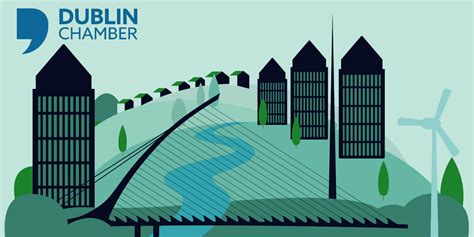In the bustling corridors of EU politics, there’s a whisper of despair among Irish officials. They feel the winds of change shifting against them, as their country’s once-sturdy influence within European Union economic policy begins to wane.
“I don’t know if [the Irish government] had a plan, or what the plan was,” confessed an Irish official, voicing the frustrations shared by many. The sense of missed opportunities and underperformance hangs heavy in the air.
“We really underperformed,”
echoed another official, highlighting how Ireland’s absence from key roles signifies a shrinking footprint on the EU stage. For a nation that once held enviable positions like financial services commissioner and presidency of eurozone finance ministers, this decline is stark.
As whispers swirl through Brussels and Dublin about Ireland’s diminishing clout in crucial areas like financial services and budget matters, questions arise about what led to this moment. Was it a lack of strategy? A failure to play the political game effectively?
One thing is clear: securing influential roles within the EU hierarchy is no easy feat. It demands not just skill but also savvy maneuvering behind closed doors—a dance that Ireland seems to have stumbled on in recent times.
“We’ve been fully screwed,”
lamented a third official, encapsulating the frustration felt by many who watched opportunities slip through their fingers. The intricate web of alliances and negotiations that determine who holds sway in Brussels can be unforgiving for those not quick or agile enough.
The saga unfolds further as details emerge about missed chances and strategic missteps that left Ireland trailing behind its counterparts. While some may argue that chaos reigned supreme during the process of appointing key personnel across various cabinets, others point to systemic issues within Ireland’s own approach.
One cannot help but wonder if Ireland’s traditional reluctance to aggressively campaign for top jobs played a role in its current predicament. As other nations flexed their muscles and lobbied vigorously for coveted positions, Ireland seemed content to stay “above the fray.”
“The Irish want to be liked,”
remarked a senior finance industry figure, shedding light on a nuanced aspect of diplomatic maneuvering that may have cost Ireland dearly in this high-stakes game. In an arena where assertiveness often wins the day, being too cautious can prove detrimental.
Amidst concerns over an impending “demographic cliff” as senior officials retire, Ireland finds itself at a crossroads—facing tough questions about its future representation within EU institutions. Will it rise again from this setback or continue down a path of diminishing influence?
As whispers linger and shadows lengthen over Dublin’s aspirations for European prominence, one thing remains certain: navigating the complex terrain of EU politics requires more than just luck—it demands foresight, strategy, and above all else, unwavering determination.




Leave feedback about this